
AuthoritarianismandtheEliteOriginsofDemocracy
[ 政治学 ]推荐者:百科书库 2023-04-08 19:27:18
本书简介
- 作者:MichaelAlbertus/VictorMenaldo
- 出版社:CambridgeUniversityPress
- 出版年:2017-12-31
- 页数:322
- 定价:USD29.99
- 装帧:Paperback
- ISBN:9781316649039
This book argues that democracy does not necessarily reset the political game after displacing authoritarianism, both in terms of institutional design and the experiences of citizens. Often, democratic institutions are designed by the previous authoritarian regime to protect the interests of incumbent elites and give them an unfair advantage.
作者简介
Thisbookarguesthat-intermsofinstitutionaldesign,theallocationofpowerandprivilege,andthelivedexperiencesofcitizens-democracyoftendoesnotrestartthepoliticalgameafterdisplacingauthoritarianism.Democraticinstitutionsarefrequentlydesignedbytheoutgoingauthoritarianregimetoshieldincumbentelitesfromtheruleoflawandgivethemanunfairadvantageoverpoliticsandtheeconomyafterdemocratization.AuthoritarianismandtheEliteOriginsofDemocracysystematicallydocumentsandanalyzestheconstitutionaltoolsthatoutgoingauthoritarianelitesusetoaccomplishtheseends,suchaselectoralsystemdesign,legislativeappointments,federalism,legalimmunities,constitutionaltribunaldesign,andsupermajoritythresholdsforchange.Thestudyprovideswide-rangingevidencefortheseclaimsusingdatathatspanstheglobeanddatesfrom1800tothepresent.AlbertusandMenaldoalsoconductdetailedcasestudiesofChileandSweden.Indoingso,theyexplainwhysomedemocraciessuccessfullyoverhaultheirelite-biasedconstitutionsformoreegalitariansocialcontracts.
相关推荐
变化社会中的政治秩序
塞缪尔·P·亨廷顿是美国最有影响力的政治思想家之一。他是哈佛大学艾伯特·J.韦瑟黑德三世教授、哈佛大学政府系讲座教授及约翰·M·奥林战略研究所所长。曾在卡特政府国家安全委员会任职,为当时国家安全事务顾 [美]塞缪尔·P·亨廷顿 2023-04-08 23:41:01哈耶克文选
《哈耶克文选(精)/人文科学译丛》是由弗里德里希·冯·哈耶克编著的,收录了他在20世纪50至70年代期间写作的论文和在各地演讲的40篇文稿,其中包括名篇《从中可以清晰地看到他从专业经济学家逐渐成长为一 [英]弗里德里希·冯·哈耶克/[英国]哈耶克 2023-04-08 23:41:44追寻富强
16世纪后,欧洲列强倚仗航海大发现,凭借工业革命带来的先进科技,在世界各地扩张。20世纪初,欧洲殖民的触手遍及全球各处,1914年,全球84.4%的土地都在欧洲人的统治之下。庞大如莫卧儿帝国,广袤如非 [美]斯蒂芬·哈尔西 2023-04-08 19:15:211919
台灣獨立、阿拉伯之春、庫德族獨立、伊斯蘭國問題……一切的理論和歷史,都從1919年、无可回避的「威尔逊时刻」开始。威尔逊式国际性主义,共产党式国际主义,在1919年就展开对决,直到今天。如果不想要达尔 埃雷斯.馬內拉(ErezManela) 2023-04-08 19:17:39© 2023-2025 百科书库. All Rights Reserved.


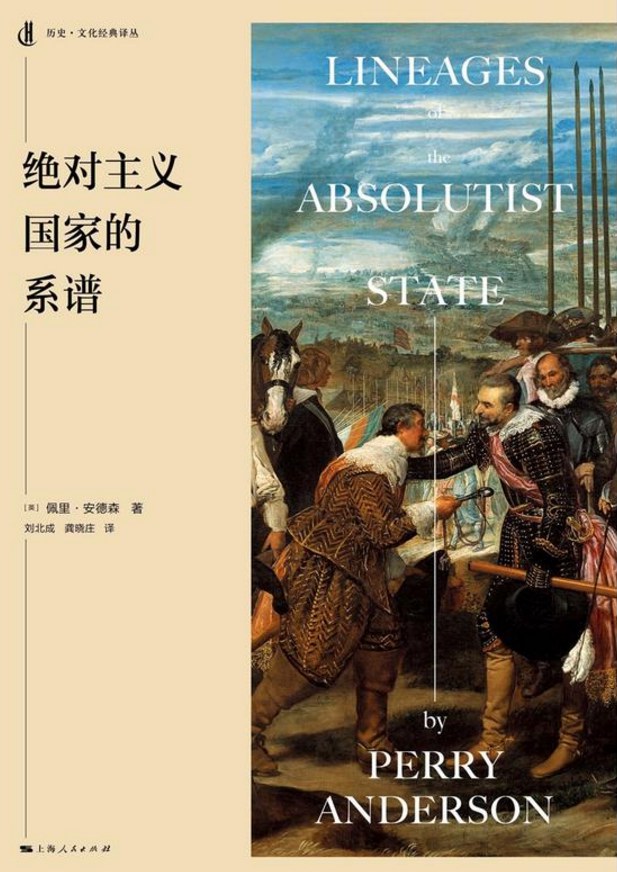
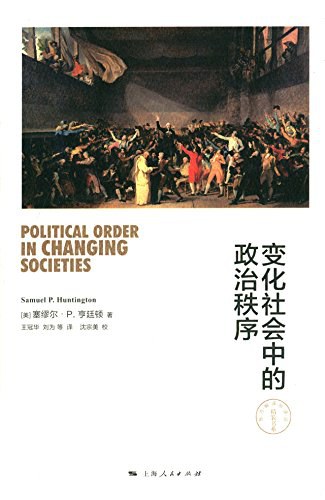
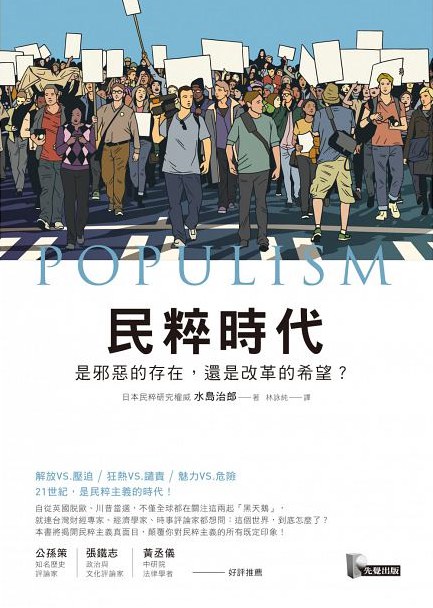

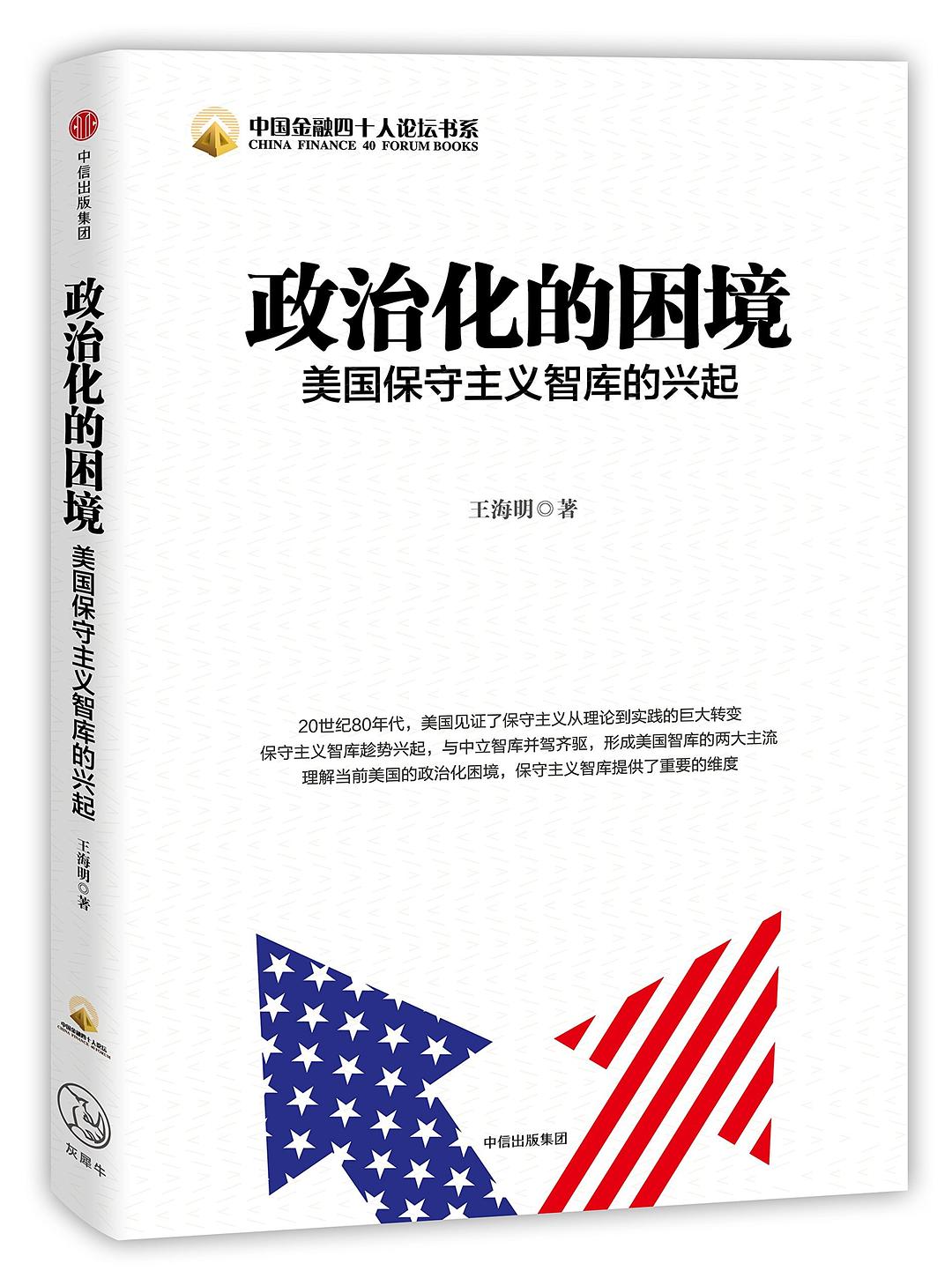


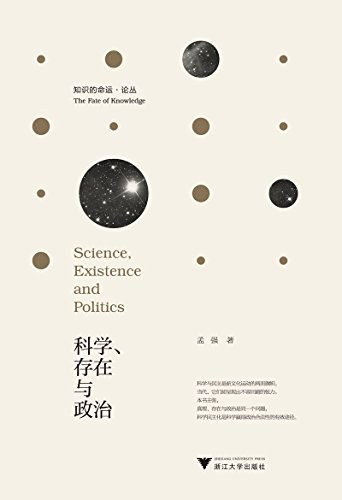
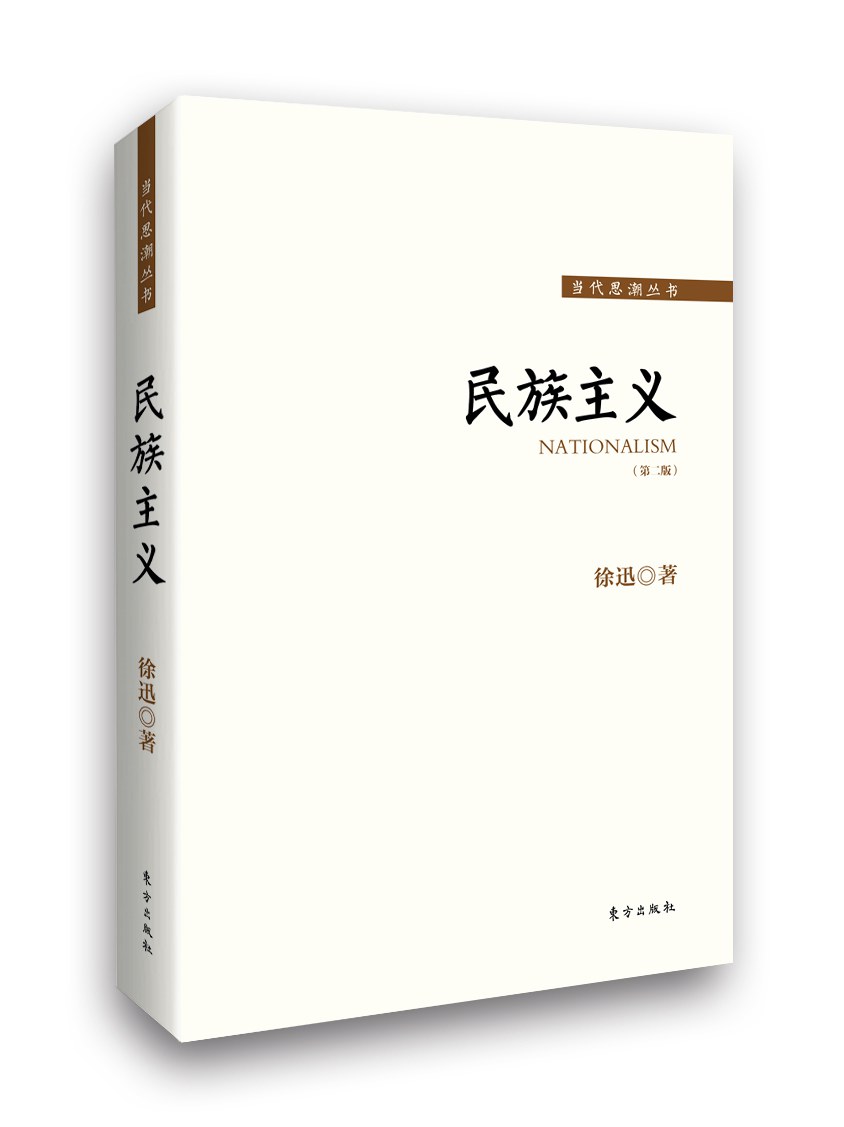

发表评价